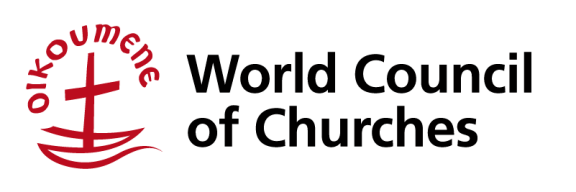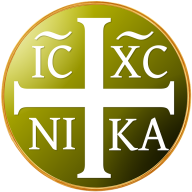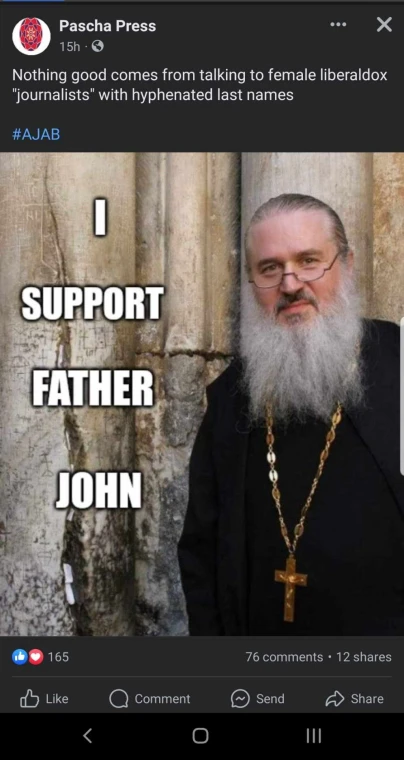Editorial note: Patriarch Kirill of Moscow continues shamelessly to make an obscene, blasphemous mockery of the Holy Orthodox Church, her holy Faith, and the Gospel of Our Lord, God, and Saviour Jesus Christ.

World Council of Churches (WCC) general secretary Rev. Prof. Dr Jerry Pillay, on behalf of WCC member churches, said that the WCC cannot reconcile the Decree of the XXV World Russian People’s Council describing the conflict in Ukraine as a “Holy War.”
On 27 March 2024, under the chairmanship of the head of the Russian Orthodox Church His Holiness Patriarch Kirill, the Decree of the XXV World Russian People’s Council “The Present and Future of the Russian World” (Moscow, November 27-28, 2023) was approved. The decree, which is addressed to the legislative and executive authorities of Russia, has raised grave concerns among members of the World Council of Churches.
The World Russian People’s Council is the largest Russian public forum, and according to its Statutes, the head of the Council is the Patriarch of Moscow and All Russia, under whose presidency the annual Council meetings are held.
Among other concerns arising from the recent Decree, the World Council of Churches cannot reconcile the statement that “the special military operation [in Ukraine] is a Holy War” with what we have heard directly from Patriarch Kirill himself, nor with relevant WCC governing body policy pronouncements, nor indeed with the biblical calling for Christians to be peacemakers in the midst of conflict. Read More



